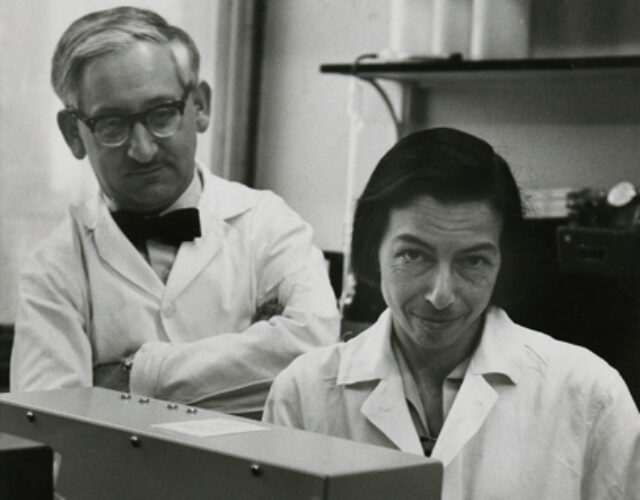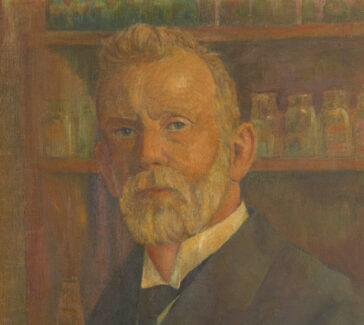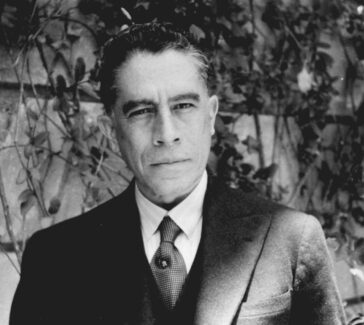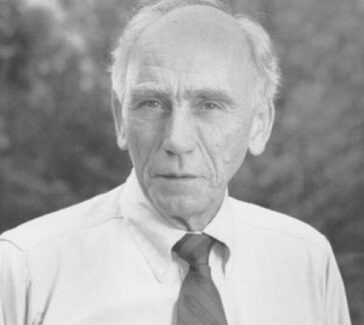Reinhold Benesch and Ruth Erica Benesch
Discoveries made by the Benesches about oxygen transport by hemoglobin provided new knowledge about the respiratory system.

Proteins—especially enzymes—and sugars are among the most important biomolecules investigated since the 1800s. Reinhold and Ruth Erica Benesch made a key discovery that helped explain how hemoglobin, a protein in red blood cells, carries oxygen from the lungs to all the cells in the body.
Oxygen Delivery Trucks
Hemoglobin molecules function like oxygen delivery trucks. Every red blood cell contains hemoglobin molecules, and as the blood passes through the lungs each hemoglobin molecule picks up one oxygen molecule. The hemoglobin molecules then deliver their oxygen molecules, one at a time, via the bloodstream to all the cells throughout the body as needed.
Reinhold (1919–1986) and Ruth Benesch (1925–2000) discovered how the hemoglobin “knows” when a cell needs oxygen. When cells metabolize sugars with oxygen, they produce carbon dioxide (CO2) as a by-product. A buildup of carbon dioxide functions as a “sign” to a hemoglobin molecule that a cell has been using up oxygen by metabolizing sugars and needs more oxygen. By releasing oxygen wherever carbon dioxide starts to build up in the body, hemoglobin delivers oxygen to where it is needed most.
Escape from Nazi Germany
Ruth was born Ruth Erica Leroi in Paris. When she was just six days old, her family moved to Berlin. In 1939 she and her sister escaped the Nazi persecution of Jews in Germany by fleeing to England as part of the Kindertransport program, which relocated 10,000 Jewish children from Central Europe to the United Kingdom. Meanwhile, Ruth’s mother remained in Germany but survived because she was hidden by a non-Jewish friend. In England, Ruth finished high school and attended college at London University. She supported herself by working in a rubber factory, where she met Reinhold, who was also working there. He too had fled anti-Semitism in Europe, in his case in Poland, and had earned his undergraduate degree from Leeds University in 1941. Ruth graduated in 1946 and married Reinhold the same year.
A Close Scientific Partnership
The Benesches moved to the United States, where they both entered graduate school at Northwestern University, just outside Chicago. Reinhold graduated with his PhD in 1950; Ruth graduated in 1951. Together they had three children, Andrew, Susan, and Nina. Ruth and Reinhold became a scientific team, always collaborating on their biochemical research. Eventually they became professors at Columbia University in New York City, where they spent most of their careers researching hemoglobin. To honor their close scientific partnership Reinhold is known on occasion to have signed their initials “R2B2.”
The Benesches also studied sickle-cell anemia, a disease caused by abnormal hemoglobin. After Reinhold died in 1986, Ruth continued working, studying compounds that she hoped might be able to act like hemoglobin in the body. Compounds like this could be useful for treating people with diseases caused by abnormal hemoglobin. She continued this work until her retirement 10 years later. Ruth Benesch died at her home in New York City in 2000.



